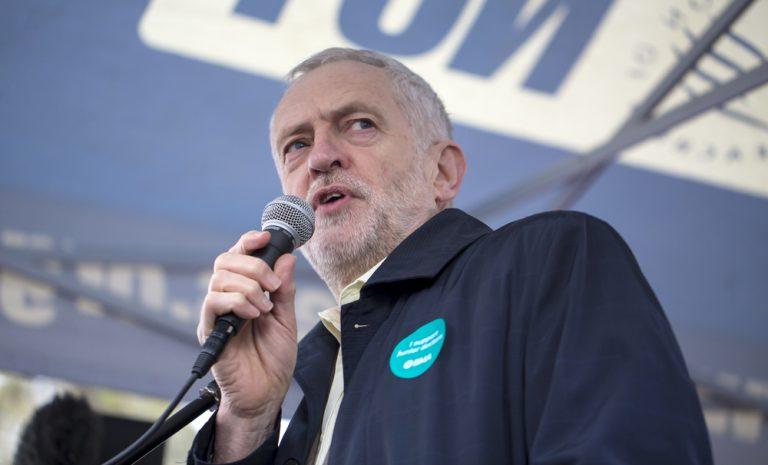
Labour have announced plans to impose £48.6 billion of tax rises on the wealthy and businesses, as part of their official 2017 election manifesto.
The extra money raised will fund an equivalent surge in public sector spending. In a document entitled ‘For the Many, Not the Few’, Labuor addressed their tax goals:
“We believe in the social obligation to contribute to a fair taxation scheme for the common good. We will take on the social scourge of tax avoidance through our Tax Transparency and Enforcement Programme, and close down tax loopholes.
“But we will not ask ordinary households to pay more. A Labour government will guarantee no rises in income tax for those earning below £80,000 a year, and no increases in personal National Insurance Contributions or the rate of VAT.”
The biggest tax rise in Labour leader Jeremy Corbyn’s proposals is an increase in corporation tax to 26 per cent, a 7 percent increase on the current rate of 19 per cent.
High earners would also take a hit, with a dramatic proposal to lower the threshold for the 45p additional rate from £150,000 to £80,000 and reintroducing the 50p rate on earnings above £123,000. The changes to the higher tax rate will raise another £6 billion a year, with the Institute for Fiscal Studies says Labour’s plans forwould take tax as a proportion of GDP to its highest level for 70 years
Carolyn Fairbairn, director general of the Conferation of British Industry, said:
“Some of the Labour policies deserve ‘three cheers’ and show what business and government can achieve together in partnership, for example on apprenticeships and innovation.
“Others, such as the future of the UK’s digital infrastructure, pose important questions yet need real collaboration with business to make them work. But too many – from renationalisation to new rules that potentially undermine the UK’s flexible labour market – are far wide of the mark.”
